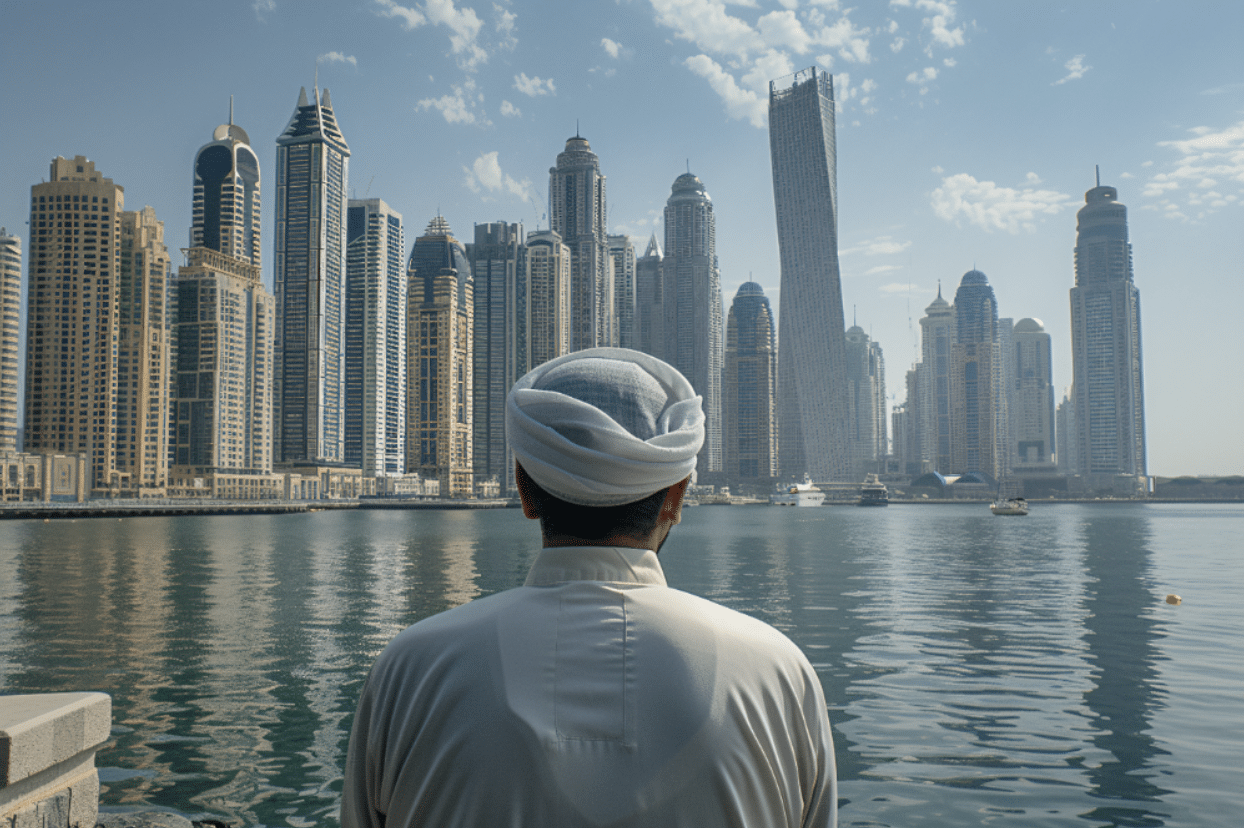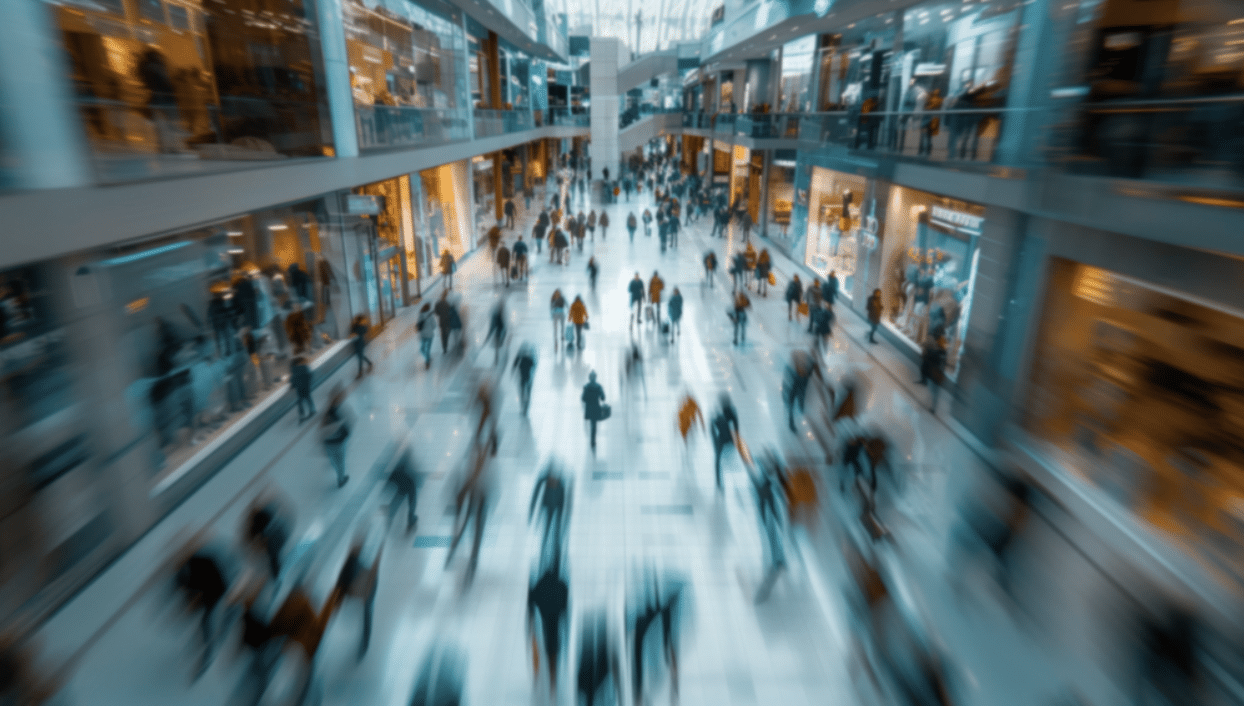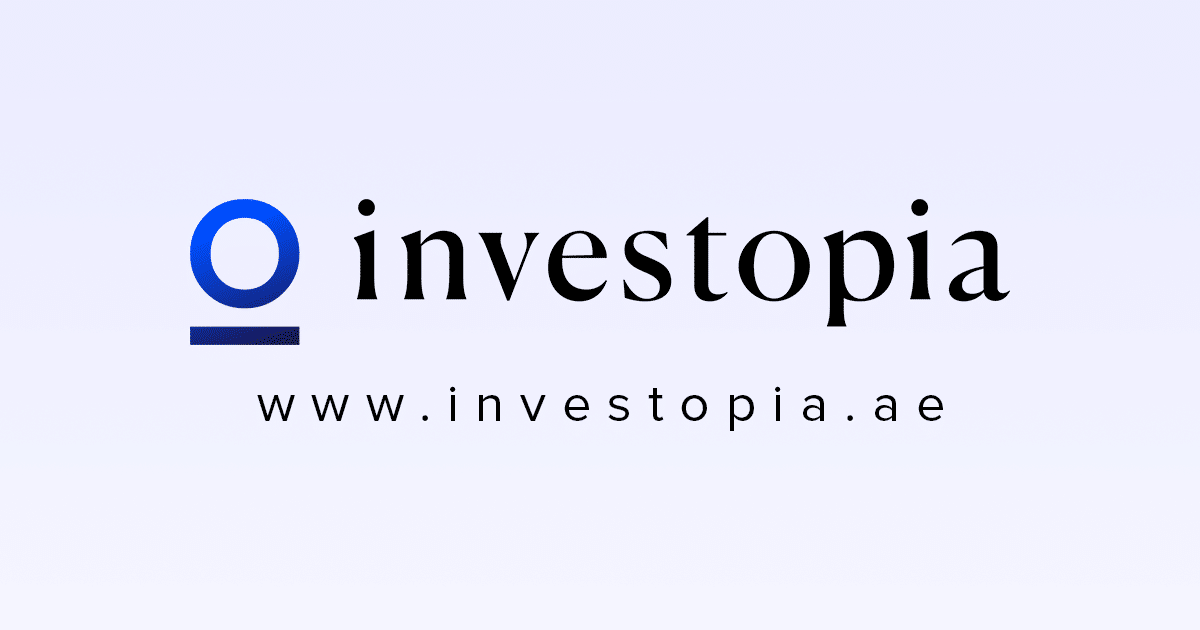Share
The UAE continues to attract high-net-worth investors focusing on luxury real estate, fine art, and high-end consumer goods to drive economic growth and diversification.
The UAE is one of the most prominent luxury destinations due to its safety, the highest global disposable income, solid economic opportunities, and good quality of life. This explains our country’s appeal to high-net-worth investors who focus on luxury real estate, fine arts, and high-end goods.
The market for luxury goods in the UAE is set to reach $124 million (Dh450 million) in 2024 and around $352 million (Dh1,29 trillion) by 2028, with a projected average revenue per user of $60.53 (Dh222). Regarding real estate, the UAE market is set to reach a value of $707.86 billion (Dh2.6 trillion) by the end of 2024.
Luxury in the UAE, whether in e-commerce or real estate, is more than just a trend seen on screens; it’s a key part of the economic strategy to empower individuals to perform economic activities in luxury sectors.
In 2023, the UAE welcomed a record 44.66 million arrivals, many of whom chose the Emirates due to its reputation for safety and a variety of tourist attractions. The country also appeals to shoppers with its ample malls, many of which house flagship stores for global luxury brands. For example, tourists from Saudi Arabia and other GCC countries visit UAE shopping malls before or during important holidays, such as Eid al Fitr and Eid al Adha. Some luxury stores, like Louis Vuitton, Gucci, Rolex, and Cartier, earn 50% or more of their sales revenue during these times.
Hence, luxury markets contribute to the UAE by creating jobs, boosting tourism, and raising its status as a top global destination. The demand for high-end properties also supports various parts of the economy, such as construction, hospitality, and retail.
Investments in Luxury Real Estate Properties Is Set to Continue
The UAE’s luxury real estate development investments can be seen in the famous buildings and high-value areas that draw investment and tourists worldwide. Projects like the Burj Khalifa in Dubai and Yas Island in Abu Dhabi showcase how luxury investment positively impacts the UAE’s image. In addition to living or business, these venues include international events and luxury shopping, boosting the country’s non-oil economy.
For example, Dubai is known for its shiny, high, glamorous architecture that attracts wealthy buyers and celebrities worldwide, a demand driving up prices for luxury residences. Dubai’s property market offers unique opportunities since it does not have property taxes, has good rental ROIs, and has relatively low prices per square meter compared to other big cities worldwide. These benefits, along with the easy-attainable UAE residency and golden visa programs, made property and home sales reach $1.73 billion in Dubai in Q1 2024.
UAE’s stable politics and solid economy attract millionaires and billionaires from all over the world. These individuals invest yearly in luxurious homes, including high-end apartments, villas, penthouses, and grand mansions, driving revenue and demand.
The Future of Luxury Investments in the UAE
Shopping for luxuries is a favourite pastime of the six GCC countries, especially the UAE. With increased spending on luxury goods and properties, it is no wonder the region is often called the ‘Mecca of Malls’.
The UAE is a top destination for tens of millions of tourists who shop for luxury items at favourable prices yearly, and this trend is set to continue. Luxury investments shape the UAE’s economic landscape by creating jobs and boosting our global economic status. The Emirates seeks to sustain this growth while preserving its environmental consciousness and ‘UAE Net Zero by 2050’ goal.









